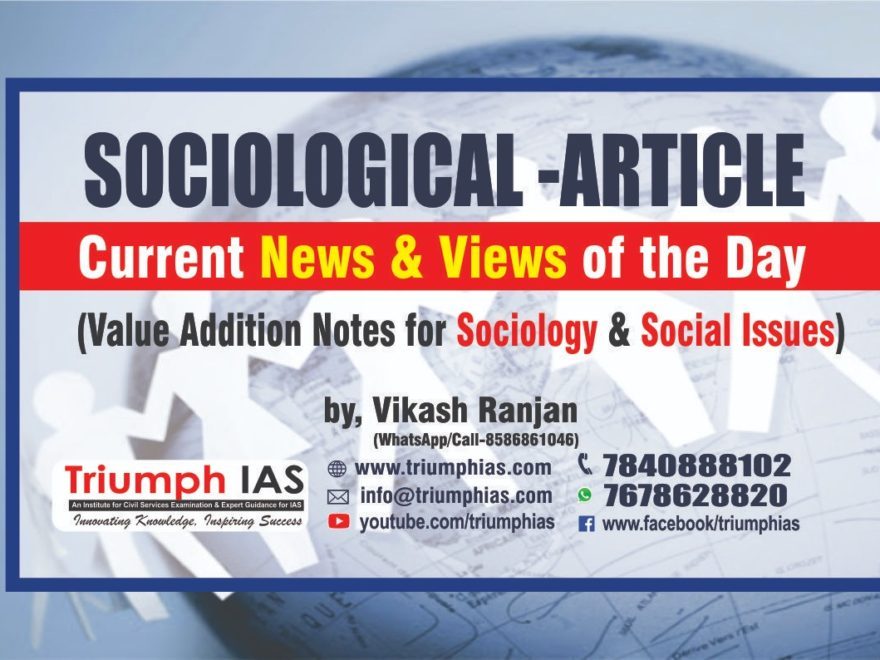Skip to content


- Reservation in higher education has become a serious issue, created differences between sections of society: Madras High Court
- “Knowledgeable, deserving students are not able to avail the opportunity in education. However, students who could not make it to the merit but belong to the reserved category enjoy opportunities”.
- Reservation in higher education has become a serious issue, created differences between sections of society: Madras High Court
- While granting relief to a financially backward student seeking an Economically Weaker Sections (EWS) certificate, the Madras High Court recently made certain observations on the topic of reservation in higher education.“
- Reservation in higher education has become a serious issue now. It has created differences between different sections of the society. Knowledgeable and deserving students are not able to avail the opportunity in education. However, students who could not make it to the merit but belong to the reserved category enjoy the opportunities. Due to this many students are unable to chase their dreams and get success.
- No doubt, it is true that the depressed and oppressed people should be given an opportunity for upliftment, without any compromise in quality in higher education. Similarly, merely persons are from forward community, but financially backward, their due place should not be denied on account of reservation, which is the object of introduction of EWS reservations.”
- “In the Indian Higher Education, a percentage of seats is reserved for students, who belong to Scheduled Castes, Scheduled Tribes, Backward Class and Socially and Educationally Backward Categories. A family having a gross annual income below Rs.8.00 Lakhs, are to be identified as Economically Weaker Sections, for the benefit of reservation. The said reservation, sometimes, affects the basic right of a person, which is freedom of choice, i.e. it forces a deserving student, to opt for a course, which is not his/her priority choice. The petitioner herein, is one such person, who could successfully complete her MBBS degree course, fighting against many odds on her way, now she is in pursuit of PG Medical Course.”
- In the case before the Court, a woman seeking to pursue postgraduate medical studies was denied certification that she belonged to the EWS category on grounds that her family’s annual income exceeded Rs 8 lakh.
- The petitioner was able to show the Court that her annual income did not exceed the Rs 8 lakh limit set out for being categorised as belonging to the EWS category.
- Coming to the aid of the petitioner, the Court went on to observe that because of reservations,“Persons like the petitioner, who have scored well in the exams, by their hard work are given a feeling of that they are not given the same treatment and criteria of selection though they are belonging to economically weaker section. As the petitioner is a meritorious candidate and also has established that her income is less than Rs.8.00 Lakhs, satisfying the criteria fixed for getting the Economically Weaker Section certificate, she should have been issued the certificate.”
- The judge ultimately set aside the order rejecting the woman’s request and ordered that an EWS certificate be issued. It was also noted that the Tahsildar in this case had not applied his mind and had wrongly computed the family income as exceeding Rs 8 lakh per annum.
- “The petitioner, who is otherwise competent, is in financially disadvantageous position. The policy of the government is to give a push to such persons, who hail from the disadvantageous group. That is the reason why, it is made clear that the reservation not only include backward class, but also the financially backward people.
- Though the petitioner belongs to a forward community, as she is economically backward, even as per the policy of the government, she has to be given the certificate of economically weaker section, to enable her to pursue her higher education.”

